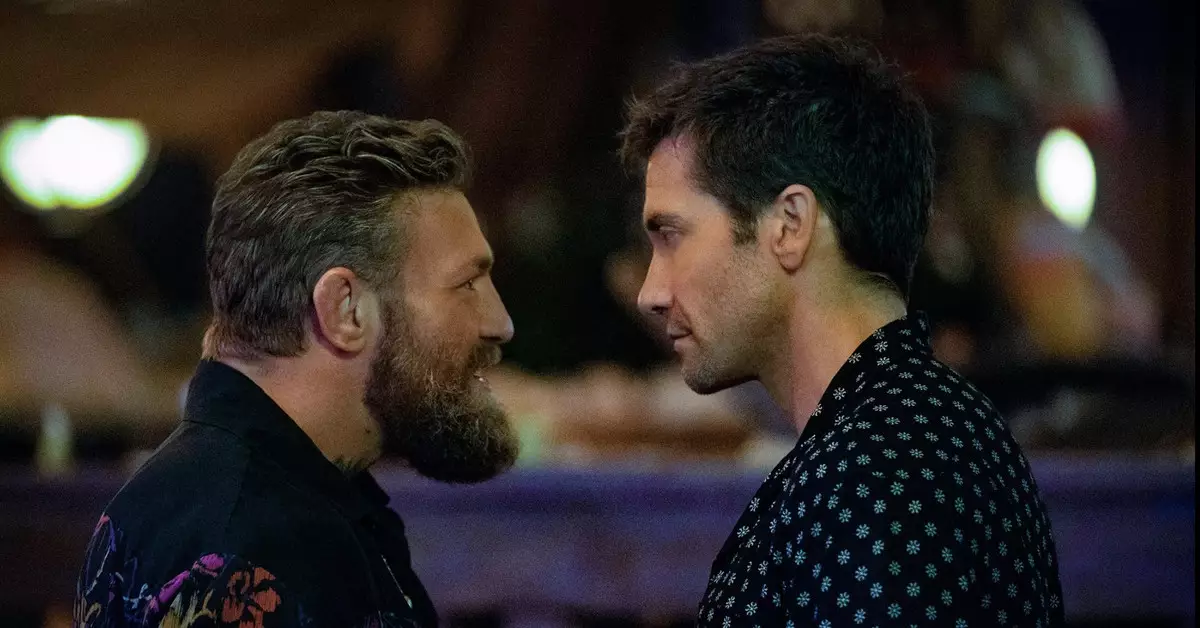The screenwriter of the 1989 action film Road House, R. Lance Hill, is taking legal action against MGM Studios and Amazon Studios for alleged copyright infringement. The lawsuit, filed in the U.S. Central District Court in Los Angeles, claims that Amazon Studios used generative AI to clone actors’ voices in order to complete the Road House remake during last year’s Hollywood strikes, which significantly impacted film production.
Hill filed a petition with the US Copyright Office in November 2021 to reclaim the rights to the screenplay, on which both the original Road House and Amazon Studios reboot are based. Although Amazon would have owned the rights to Road House due to its acquisition of MGM’s film library, Hill argues that the work-for-hire clause in his original deal with United Artists, which was later acquired by MGM Studios, should not apply.
Allegations of Copyright Infringement
According to Hill, the work-for-hire clause was merely boilerplate and Amazon disregarded his copyright claims by rushing production of the remake. The lawsuit asserts that Amazon took “extreme measures,” including using generative AI, to complete the film. As a result, Hill is seeking a court order to block the release of the movie, scheduled to premiere on the opening night of SXSW on March 8th and stream on Prime Video on March 21st.
Amazon MGM Studios Response
Amazon MGM Studios has vehemently denied the allegations of using AI to replace or recreate actors’ voices in the film. Spokesperson Jenna Klein stated that the studio expressly instructed filmmakers not to use AI in the movie. Klein clarified that any use of AI would have been by the filmmakers during the editing process, not by the studio, and that filmmakers were directed to remove any AI or non-SAG AFTRA actors from the final product.
The legal battle between R. Lance Hill and Amazon MGM Studios raises important questions about the ownership of creative works and the use of technology in filmmaking. The outcome of this case could have far-reaching implications for copyright laws in the entertainment industry and the ethical use of artificial intelligence in production processes.
The controversy surrounding the Road House remake lawsuit highlights the complexities of intellectual property rights in the digital age. As technology continues to advance, it is essential for creators, studios, and policymakers to navigate these issues carefully to ensure fair compensation and recognition for original artistic works.


Leave a Reply